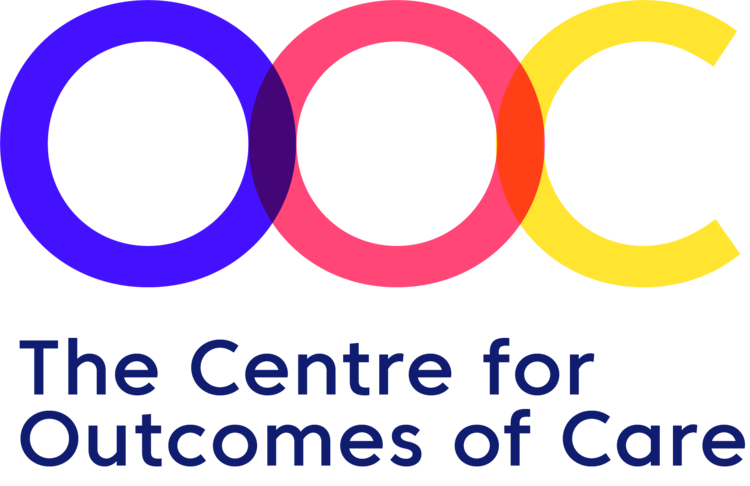MEASURES
What is a measure and what is a tool? Which measures are suitable for assessing needs and outcomes at an individual level and which are designed to be used at a population level? And more importantly what is a ‘validated’ measure that can be relied on to assess need and provide a basis for subsequent service response? These are all considerations that must be addressed when deciding on measures and tools to be used in services.
Reliable assessment tools are an important way to apply research and theoretical knowledge to practice in a systemic way. Research demonstrates that combining professional judgement with actuarial tools produces the most reliable assessment conclusions.
An assessment tool can be a single standardised measure or more extensive instrument containing multiple standardised measures. They act as a valuable aide for professionals to support them in making objective rational judgements and decisions. Measures must go through established and extensive validation processes before being used in practice. This includes a number of statistical tests to assess reliability and validity to consistently measure the claimed construct.
The introduction of reliable measures will improve the ability of local authorities to quantify the level of need an individual has, in what domain and identify appropriate outcomes to agree with a provider. On the provider side appropriately trained professionals will be able to interpret the results of the measures that can part inform their assessment of matching suitability and ability to meet the needs, risks and improve outcomes.
